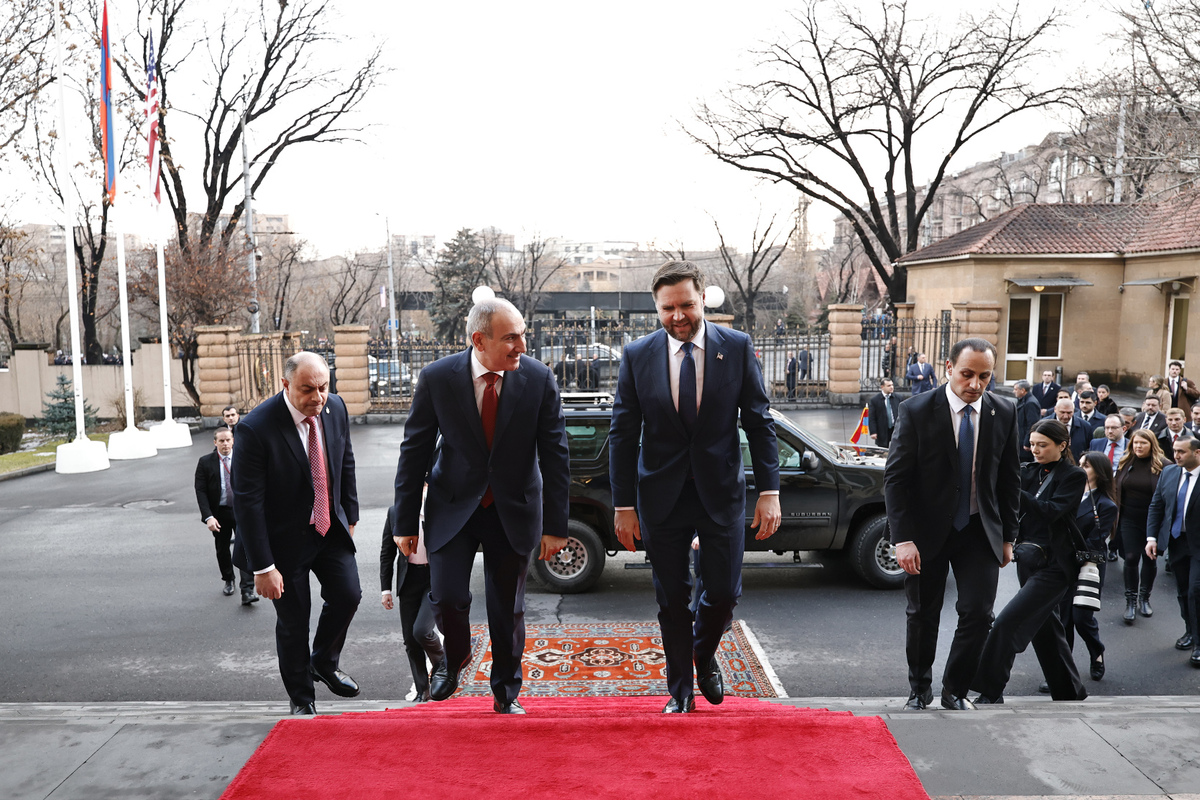Share














Most read

'Armenia breaks free from Russian-Turkish grip': reaction to JD Vance’s visit
Top stories in Azerbaijan, Armenia, and Georgia from 9-13 February, 2026
19 Azerbaijani experts cross land border to meet Armenian counterparts for the first time
Awaiting end of war in Ukraine: Russia’s intentions in South Caucasus
What possible EU sanctions on Georgia’s Kulevi port could mean

Former US envoy: Georgia’s government no longer a reliable partner for Washington
Georgian prosecutors say contract killing of Niko Kvaratskhelia solved
Latest news in Georgia, Armenia, Azerbaijan, summary. Live
Georgia’s journalists forced to leave profession — their stories
'Peace is strengthening': outcomes of the third meeting of Armenian and Azerbaijani experts











